| Side Effects |
Side Effects
Ibrutinib may lead to side effects. Should any of these symptoms endure or worsen, please notify your doctor:
• Diarrhea
• Nausea
• Constipation
• Vomiting
• Stomach pain
• Heartburn or indigestion
• Decreased appetite
• Excessive tiredness or weakness
• Muscle, bone, and joint pain
• Muscle spasms
• Edema in the hands, feet, ankles, or lower legs.
• Rash
• Itching
• Mouth and throat sores
• Anxiety
• Difficulty sleeping
Specific side effects are more serious. If you experience any of the following symptoms, contact your doctor immediately or seek emergency medical attention:
• Unusual bruising or bleeding
• Pink, red, or dark brown urine
• Bloody or black, tarry stools
• Nosebleeds
• Bloody vomit or vomiting blood or coffee ground-like material
• Seizures
• Rapid or irregular heartbeat
• Shortness of breath
• Chest discomfort
• Dizziness, lightheadedness, or fainting
• Changes in vision
• Persistent headache
• Fever, chills, cough, or signs of infection
• Confusion
• Altered speech
• Reduced urination
Ibrutinib may increase the risk of certain skin or organ cancers. Discuss the potential risks of taking Ibrutinib with your doctor.
|
| Special Precautions |
Special Precautions:
Before starting Ibrutinib, please inform your doctor and pharmacist of the following:
• Any allergies to Ibrutinib, other medications, or ingredients in Ibrutinib capsules. You can ask your pharmacist for a list of ingredients.
• All prescription and non-prescription medications, vitamins, supplements, and herbal products you are currently using or plan to use. Specifically, mention:
• Blood thinners like warfarin (Coumadin, Jantoven).
• Antifungal medications such as fluconazole (Diflucan), itraconazole (Onmel, Sporanox), ketoconazole (Nizoral), posaconazole (Noxafil), and voriconazole (Vfend).
• Antiplatelet drugs like clopidogrel (Plavix), prasugrel (Effient), ticagrelor (Brilinta), and ticlopidine.
• Other medications like aprepitant (Emend), boceprevir (Victrelis), carbamazepine (Carbatrol, Epitol, Tegretol, Teril), ciprofloxacin (Cipro), clarithromycin (Biaxin, Prevpac), crizotinib (Xalkori), digoxin (Lanoxin), diltiazem (Cardizem, Cartia, Tiazac, others), erythromycin (E.E.S., Erythrocin, others), imatinib (Gleevec), hypertension medications, certain HIV/AIDS drugs, nefazodone, phenytoin (Dilantin, Phenytek), rifampin (Rifadin, Rifamate, Rimactane, others), telaprevir (no longer available in the U.S.; Incivek), verapamil (Calan, Covera, in Tarka, others), and telithromycin (no longer available in the U.S.; Ketek).
• Herbal products, especially St. John's Wort.
• Any infections or recent surgeries.
• Smoking habits.
• Medical history, including diabetes, irregular heartbeat, high blood pressure, high cholesterol, bleeding disorders, and heart, kidney, or liver conditions.
Additionally:
• If you are pregnant, planning to become pregnant, breastfeeding, or planning to father a child. Pregnancy should be avoided while taking Ibrutinib. Pregnancy tests for females and birth control measures are necessary during treatment and for one month after discontinuing the medication. Males and their female partners should also use birth control during treatment and for one month after the last dose.
• If you require surgery, including dental procedures, inform your healthcare provider or dentist that you are taking Ibrutinib. Your doctor may advise discontinuing Ibrutinib 3 to 7 days before the surgery or procedure.
|



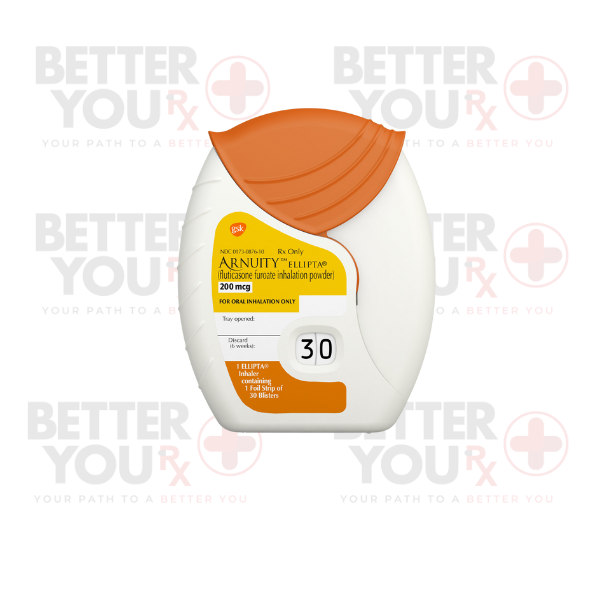
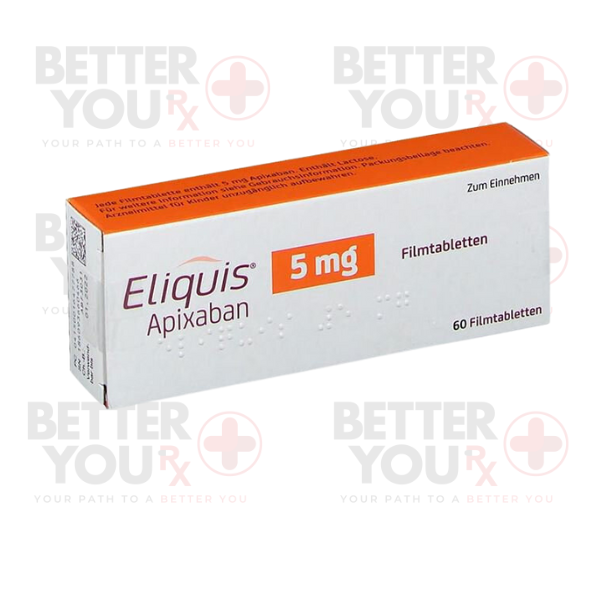

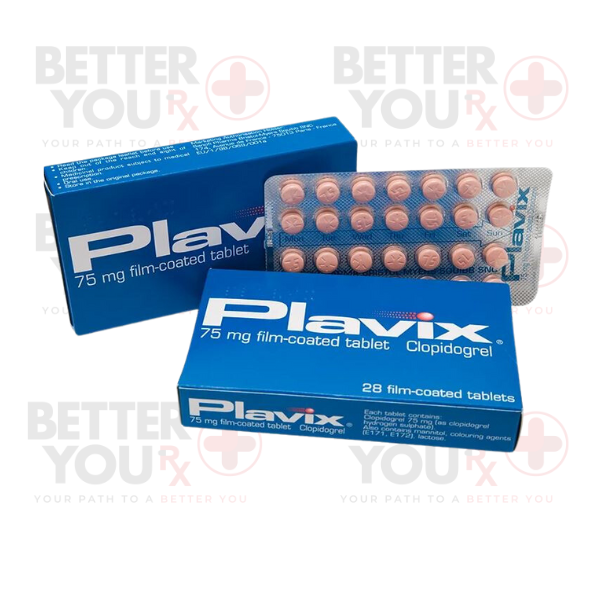
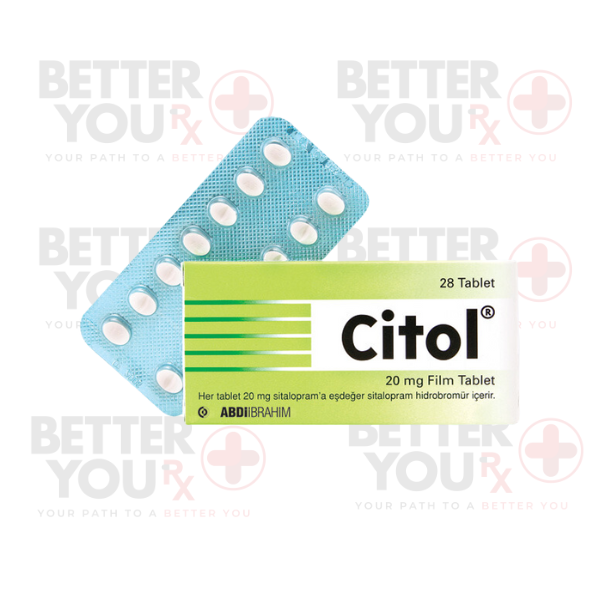

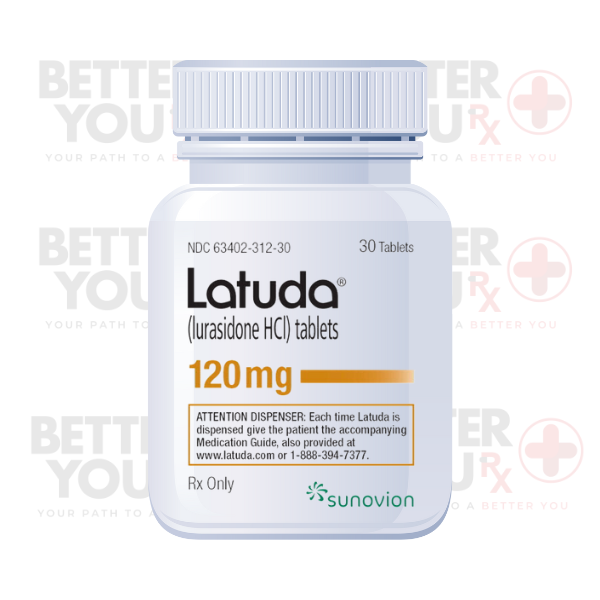
Reviews
There are no reviews yet.